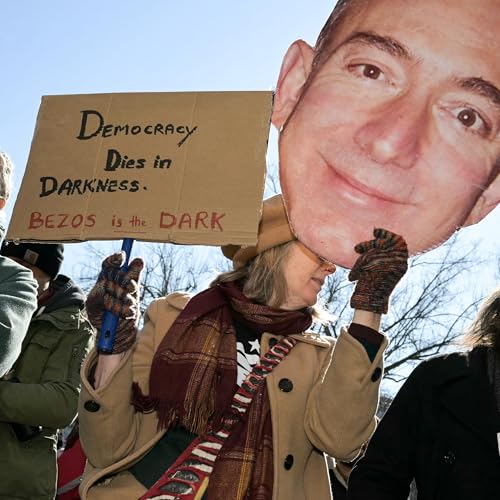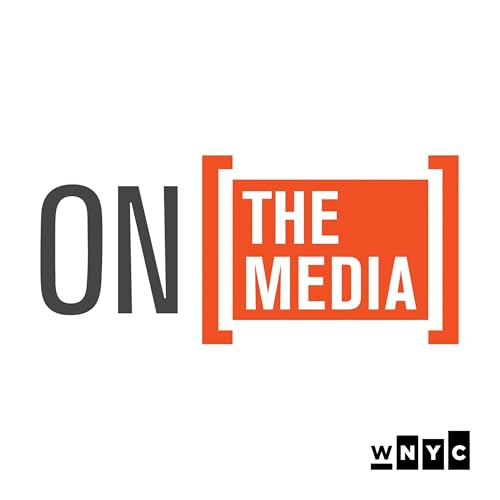In a landmark trial in California, Meta and Google are being accused of addicting children to social media. On this week’s On the Media, hear how the dramatic proceedings are playing out, and how measures to protect kids online can backfire. Plus, why are betting companies showing up in newsrooms?
[01:00] Host Brooke Gladstone speaks with Madlin Mekelburg, a legal reporter at Bloomberg, about the landmark lawsuit against Google and Meta that went to trial this week. The social media giants are being accused of deliberately designing their platforms in a way that is addictive and harmful to children’s brains, and the verdict of this case will influence the outcomes of thousands of similar cases across the country. Plus, neuroscience researcher Ian Anderson explains why the ‘addiction’ framework misses the complexity of what social media does to our brains.
[20:00] Brooke interviews Julia Angwin, investigative journalist and founder of Proof News, a nonprofit journalism studio. They discuss the tools that users can employ to protect themselves against doomscrolling, and how social media bans across the world can sometimes do more harm than good.
[34:41] Host Micah Loewinger speaks with Judd Legum, the author of the accountability newsletter Popular Information, about the explosive rise of prediction markets, and the implications of their growing partnerships with newsrooms.
Further reading / watching:
- “Social Networks Face Big Tobacco Moment Over Addiction Cases,” by Madlin Mekelburg
- “Overestimates of social media addiction are common but costly,” by Ian Anderson and Wendy Wood
- “I Killed Color on My Phone. The Result Shocked Me,” by Julia Angwin
- “Social Media Use and Well-Being Across Adolescent Development,” by Ben Singh, Mason Zhou, Rachel Curtis, et al
- “Evidence for link between digital technology use and teenage mental health problems is weak, our large study suggests,” by Qiqi Cheng and Neil Humphrey
- “The casino-fication of news,” by Judd Legum
On the Media is supported by listeners like you. Support OTM by donating today (https://pledge.wnyc.org/support/otm). Follow our show on Instagram, Twitter and Facebook @onthemedia, and share your thoughts with us by emailing onthemedia@wnyc.org.
 Feb 25 202621 mins
Feb 25 202621 mins Feb 21 202650 mins
Feb 21 202650 mins Feb 18 20269 mins
Feb 18 20269 mins Feb 14 202651 mins
Feb 14 202651 mins Feb 11 202618 mins
Feb 11 202618 mins 50 mins
50 mins Feb 4 202616 mins
Feb 4 202616 mins 51 mins
51 mins
